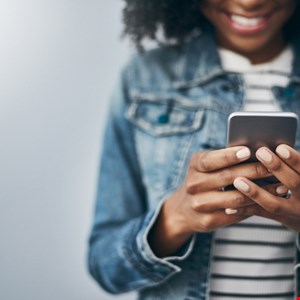Yik Yak Returns

Yik Yak Returns
An app that allows users within a 5-mile radius to communicate anonymously has been relaunched four years after it shut down.
Yik Yak was first launched in 2013 and quickly became the ninth most downloaded social media app in the United States, reaching 1.8 million downloads by September 2014.
Created by college students Tyler Droll and Brooks Buffington, the app was a hit with America's teens but became dogged by instances of cyber-bullying and violent threats.
Schools, including Palisades Charter High School (PCHS) in Los Angeles and Russellville High School in Alabama, were forced to evacuate their students after anonymous bomb threats were posted on the app.
One parent, speaking after the evacuation of PCHS, told NBC News that the app "gives people freedom to post without fear of retribution."
In 2014, University of Georgia student Ariel Omar Arias was arrested and charged with two felony counts of terroristic threats after posting a threat to commit violence at a campus building via the app.
Arias claimed the post, which purportedly read, “If you want to live don’t be at the MLC at 12:15,” was a prank.
Yik Yak Inc., which is based in Nashville, Tennessee, announced the app's return on Monday in a tweet. Currently, only iPhone users in the US can download the app. However, the company said it planned to make Yik Yak available to other countries and devices.
The new incarnation of Yik Yak comes with an extensive list of often vaguely defined Community Guardrails detailing what users are not allowed to share in a yak (a post).
Among the content users are barred from posting is "gossip," "excessive sarcasm," and "excessive commentary on an individual's physical attributes, character, or personal life."
Children should not be identified "under most circumstances" and "license plate numbers, social security numbers, or personal information that identifies someone" should not be posted "in most cases."
Users are asked to "immediately downvote and report" yaks that don't "vibe with the Community Guardrails."
The app's makers said their plan is to "rely on our community to help make Yik Yak a constructive venue for free and productive speech."

